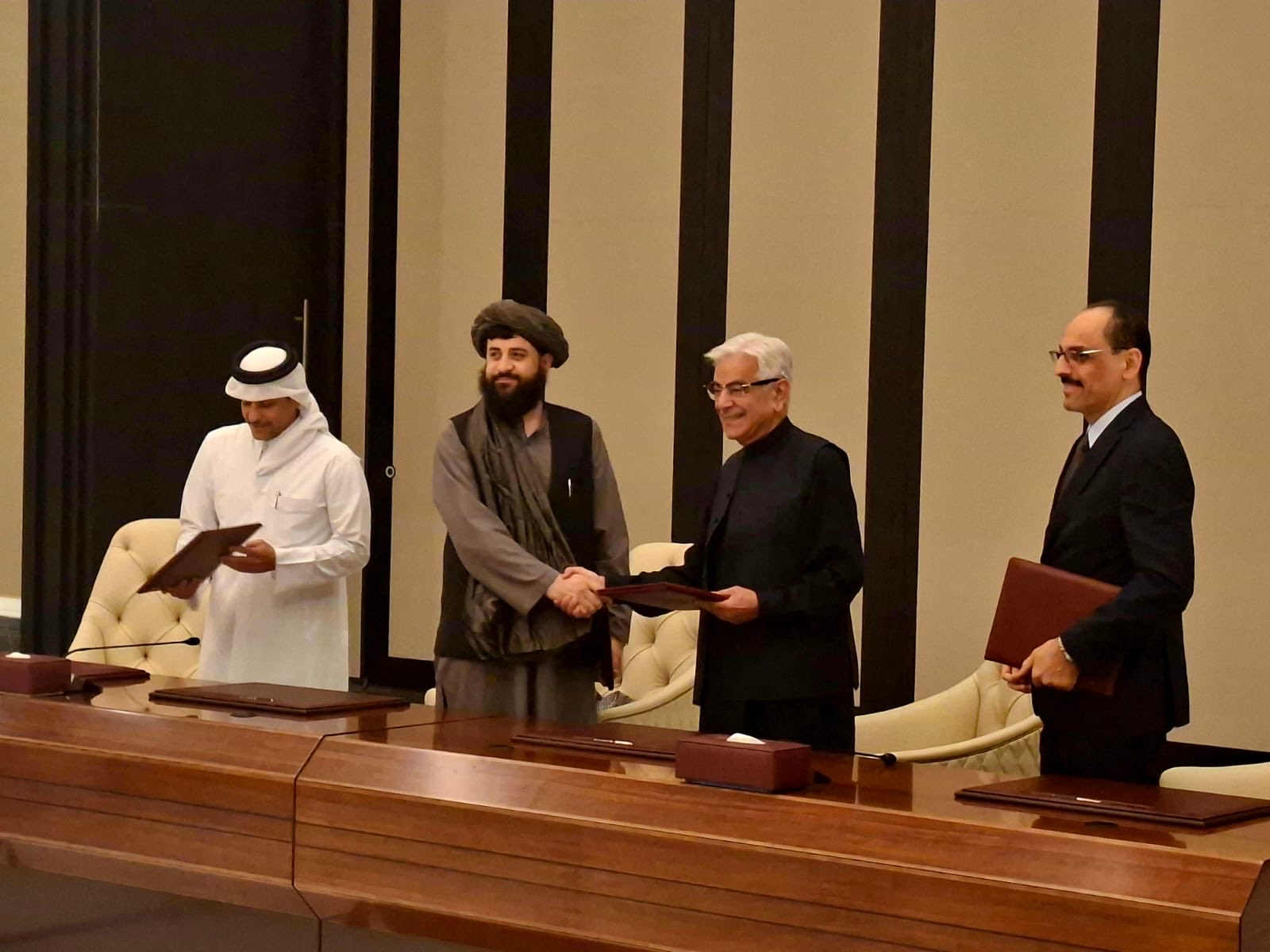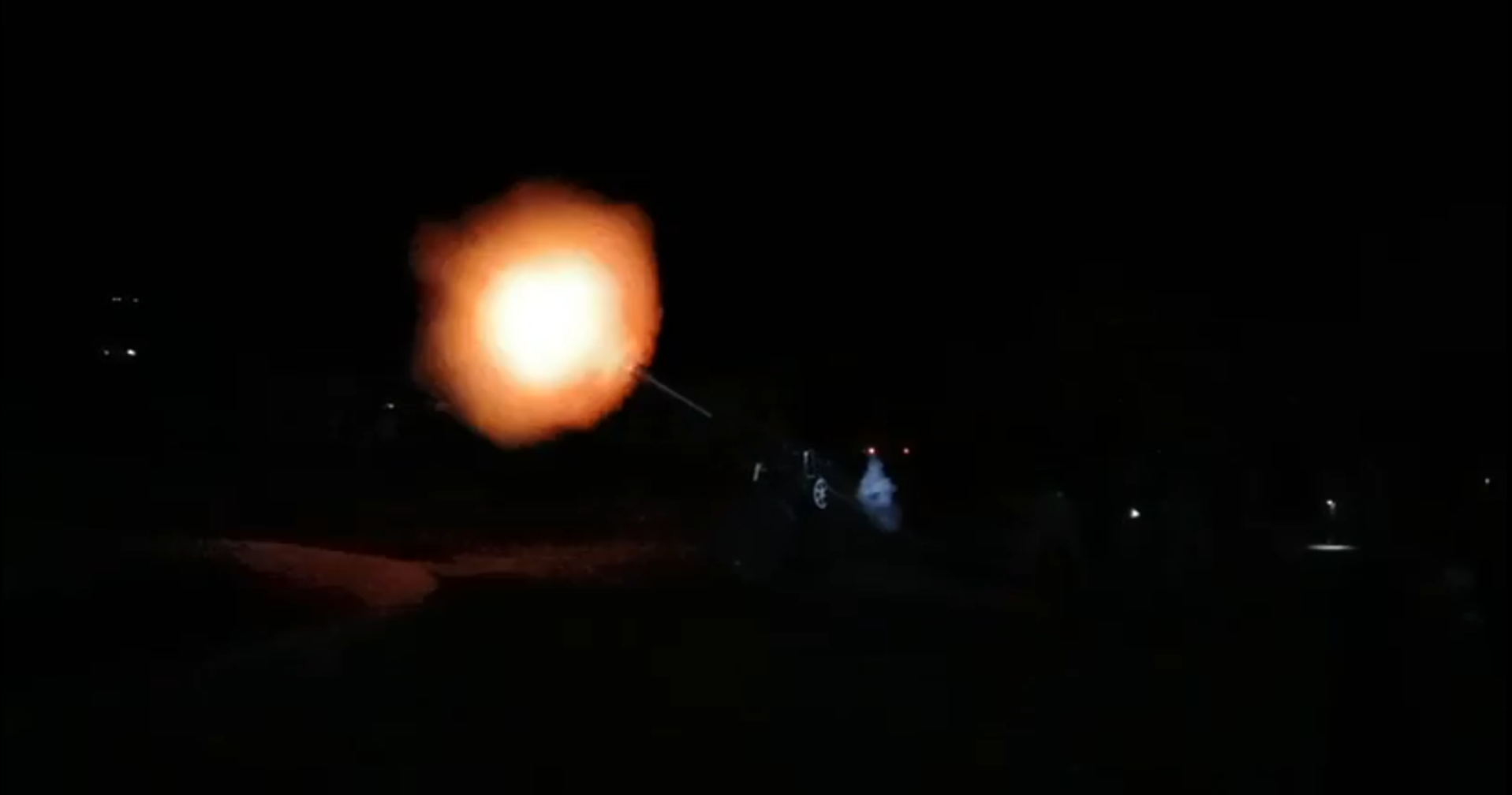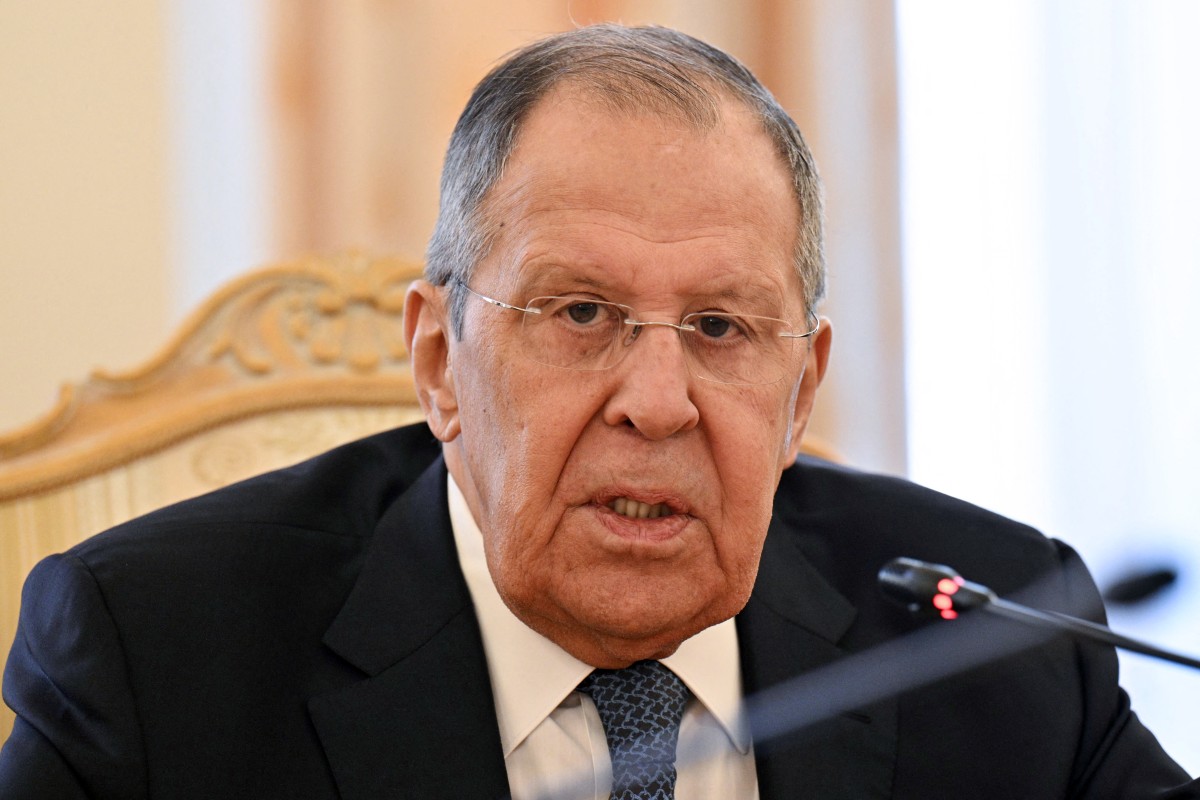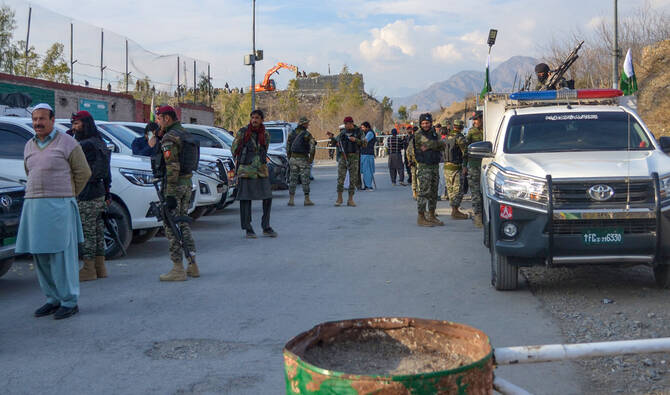PESHAWAR: Pakistani officials and analysts say the Afghan Taliban allowed militants to cross into Pakistan and carry out attacks, including suicide bombings, while delegations from both countries were meeting in Doha and Istanbul, Pakistan TV Digital has learned.
“This is Taliban's classic modus operandi. During their talks with the United States in Doha in 2021, the Taliban kept attacking the US forces to build leverage,” Professor Hussain Shaheed Suhrawardy, an international relations expert at the University of Peshawar, told Pakistan TV Digital.
He added that the interim Afghan government showed an “overtly [a] ceasefire but covertly... allow[ing] the TTP to continue or escalate the attacks.”
Pakistani and Afghan delegations met in Doha on October 19 and again in Istanbul from October 25–29 after a series of cross-border clashes. Islamabad says the Afghan side gave no commitments to prevent militants from operating on its soil.
Security agencies and military sources say violence continued even as talks were underway. According to the military’s media wing, the Inter-Services Public Relations (ISPR), at least 36 militants were killed during infiltrations from Afghan territory and subsequent intelligence-based operations.
The ISPR also reported that five security personnel were martyred during the Istanbul talks.
Chronology of attacks and interdictions
- On October 24, security forces in Tank and North Waziristan say they neutralized 11 terrorists and destroyed a vehicle-borne suicide bomb.
- That same day in Swabi, security personnel engaged militants in a firefight as talks commenced.
- On the day the Istanbul dialogue opened, a targeted double-bombing in Hangu killed Superintendent of Police Operations Asad Zubair.
- In subsequent days, authorities defused a 20kg IED in Bannu, and police in Hangu repelled two more attacks, killing two assailants.
- On October 25, security forces intercepted two large groups attempting to infiltrate Pakistan while the Istanbul talks were in progress. Forces say they repelled the incursions, killing 15 terrorists, including four suicide bombers, in North Waziristan, and another 10 in Kurram District.
Analysts say the timing of the infiltration attempts, coinciding with active diplomatic engagement, raises questions about the Afghan interim administration’s intentions.
“They are doing the same with Pakistan,” Professor Suhrawardy told Pakistan TV Digital, drawing a direct parallel with Taliban tactics during earlier negotiations.
Political and strategic fallout
Information Minister Attaullah Tarar described the Istanbul talks as “fruitless,” saying Kabul refused to impose controls on militants operating from Afghan soil despite Pakistan’s demands.
In response to the failed diplomacy and the sustained cross-border threat, some defense analysts are urging a shift in Pakistan’s approach. Brig. (R) Haris Nawaz, a defense analyst, told Pakistan TV Digital that Islamabad should adopt a dual “stick and carrot” policy.
“We must now pursue kinetic options, such as striking terrorist bases, neutralizing commanders, and destroying militant infrastructure near the border,” he said.
Brig. Nawaz also advocated a complementary diplomatic push that would: involve regional stakeholders like China and Iran; seek US engagement to pressure India over alleged proxy activity in Afghanistan; and raise the matter at the Organization of Islamic Cooperation to leverage influence over Kabul.
Longstanding Pakistani concerns
For years, Islamabad has pressed the Afghan Taliban to stop militants using Afghan territory to attack Pakistan. Officials in Islamabad also allege that the Afghan authorities have deepened ties with New Delhi, an accusation Pakistan says is corroborated by evidence that India funds militant groups in Afghanistan, a charge India denies.
The failure of the Istanbul talks, alongside brazen infiltration attempts and targeted killings, appears to have shifted Pakistan’s posture from patient diplomacy toward a dual-track policy combining limited kinetic operations and intensified international pressure.
Islamabad is simultaneously continuing its domestic counterterrorism campaign, “Azm-e-Istehkam,” while signaling it may expand operations to neutralize cross-border threats.








.jpg)